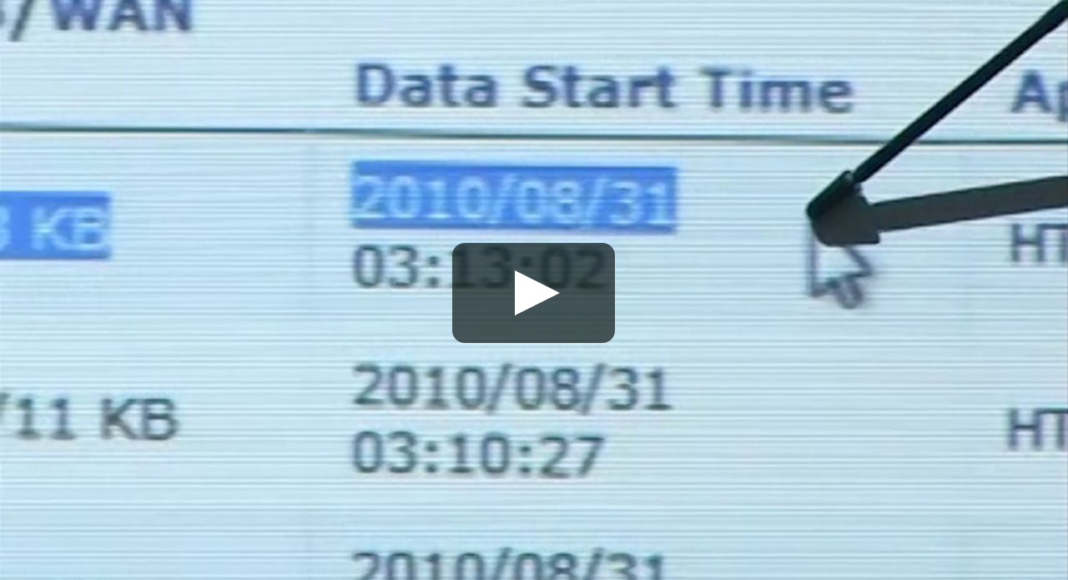
This e-scooter business is escalating into being much more than about when and where Uber and Lyft and others’ e-scooters should be ridden in crowded cities. Example A: Los Angeles.
Behind the scenes a Big Data war being fought. Tracking every single move of the scooters, the vendors sit on troves of traffic data. Ride-share vehicle traffic data, too.
Cities want that data to help manage congestion and the streets. The companies prefer to guard it as proprietary, none of the cities’ business. Is there a threat to customer privacy? That’s debatable.
Matters have come to a head in Los Angeles. The Los Angeles Department of Transportation (LADOT, a very big and sophisticated agency) is suspending Uber’s Jump brand e-scooter permit for withholding the data. Lyft and Bird have complied. Uber, resisting, is going to court.
To understand, read CityLab’s Laura Bliss, consistently the nation’s most interesting transportation reporter, whose new article is Uber’s Beef with L.A. is Bigger than Data. Bliss quotes the LADOT:
“LADOT has the responsibility to manage the public right-of-way, ensuring safety and access for everyone. To be effective, the department requires reasonable information about the tens of thousands of shared vehicles operated by transportation technology companies that use our streets for profit.”
Bliss adds: “Grab the popcorn. This is a major power struggle over the future of city streets, and it’s just getting started.”
Discover more from Post Alley
Subscribe to get the latest posts sent to your email.

For companies such as Uber, their whole point is to avoid government, which they regard as sluggish and paralyzed by politics. The new theme in urbanism is to avoid government, not to partner with it. That’s what underlies this showdown. We’ll see more of this in other areas, particularly as tech companies expand in cities and fret about regulation, inefficient services, entangling webs of social priorities.
For the government, it’s more than just managing congestion and the streets. Cities also want to tax Uber and Lyft, and the data will help them understand how to create a sustained revenue stream. And in addition they want to ensure that communities are being served equitably: that Uber and Lyft aren’t under-serving low-income neighborhoods and communities of color.
For Uber, it’s also about ensuring that the data doesn’t leak out to their competitors; if Lyft were to find out where Uber’s most profitable routes are, it could try to increase competition there in terms of both the number of vehicles in that area and also the prices they charge. And, of course, Uber doesn’t want to help cities tax it more efficiently.